What you'll learn
Understand the key methods for parameter and state estimation used for autonomous driving, such as the method of least-squares
Develop a model for typical vehicle localization sensors, including GPS and IMUs
Apply extended and unscented Kalman Filters to a vehicle state estimation problem
Apply LIDAR scan matching and the Iterative Closest Point algorithm
Description
Welcome to State Estimation and Localization for Self-Driving Cars, the second course in University of Toronto’s Self-Driving Cars Specialization. We recommend you take the first course in the Specialization prior to taking this course. This course will introduce you to the different sensors and how we can use them for state estimation and localization in a self-driving car.
By the end of this course, you will be able to:
– Understand the key methods for parameter and state estimation used for autonomous driving, such as the method of least-squares
– Develop a model for typical vehicle localization sensors, including GPS and IMUs
– Apply extended and unscented Kalman Filters to a vehicle state estimation problem
– Understand LIDAR scan matching and the Iterative Closest Point algorithm
– Apply these tools to fuse multiple sensor streams into a single state estimate for a self-driving car
For the final project in this course, you will implement the Error-State Extended Kalman Filter (ES-EKF) to localize a vehicle using data from the CARLA simulator. This is an advanced course, intended for learners with a background in mechanical engineering, computer and electrical engineering, or robotics.
Requirements
Access to a computer or mobile device with an internet connection.
Motivation to learn!
To succeed in this course, you should have programming experience in Python 3.0, familiarity with Linear Algebra (matrices, vectors, matrix multiplication, rank, Eigenvalues and vectors and inverses), Statistics (Gaussian probability distributions), Calculus and Physics (forces, moments, inertia, Newton’s Laws).
Who this course is for
Students who have advanced skills in this field
Students willing to put in a couple hours to learn about State Estimation and Localization for Self-Driving Cars
Advanced students wanting to add another skill to their portfolio
Content Creator
Jonathan Kelly – Assistant Professor – Aerospace Studies
Steven Waslander – Associate Professor – Aerospace Studies
This course includes
Participation Confirmation/Certificate
Option for learning at your own pace
Videos and reading material about the course
Practice tests
Assessed tasks with feedback from other course participants
Evaluated tests with feedback
Evaluated programming tasks






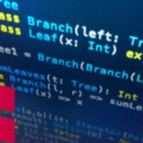









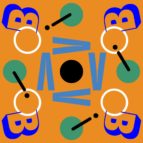
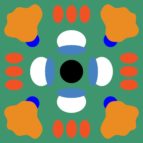




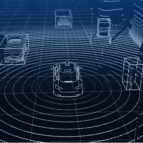
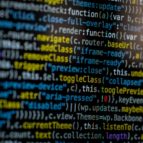
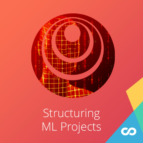
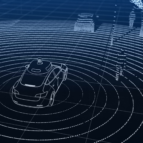
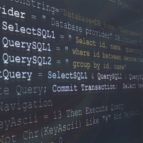









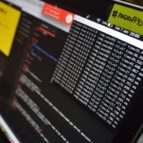


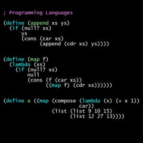
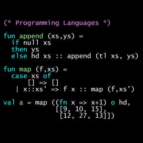




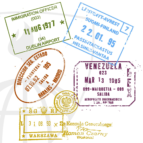



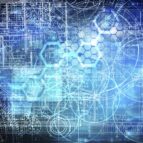

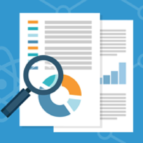

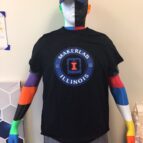











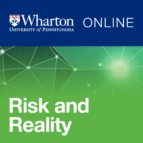



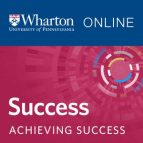







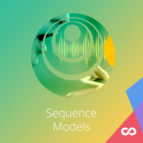
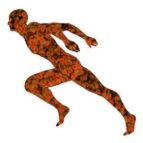


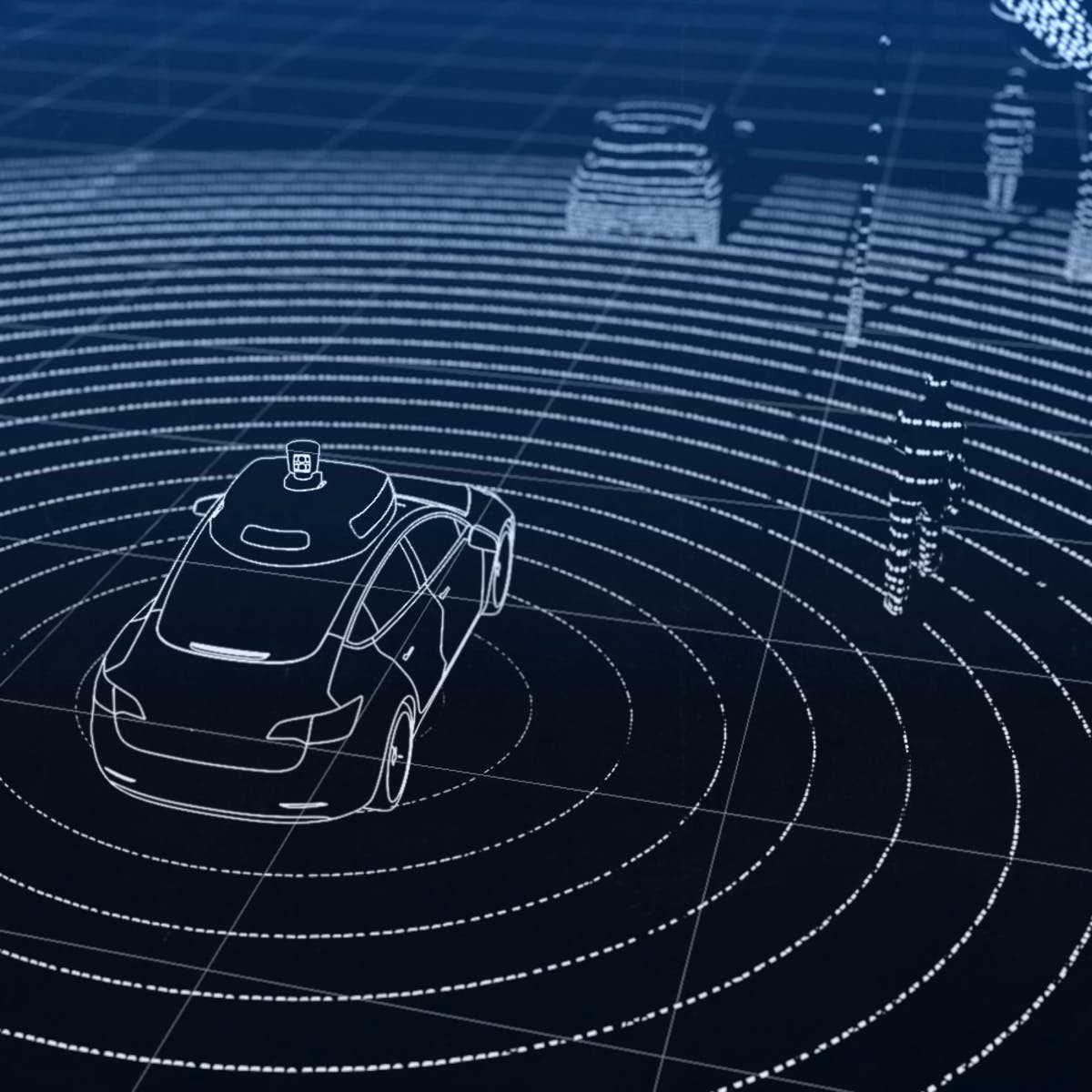
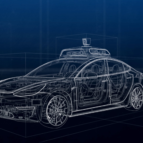





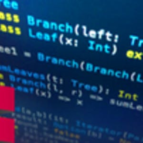







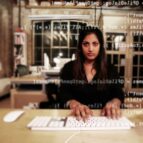










Got something to discuss?